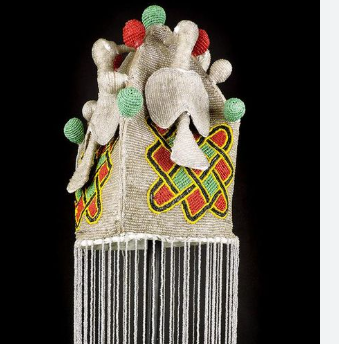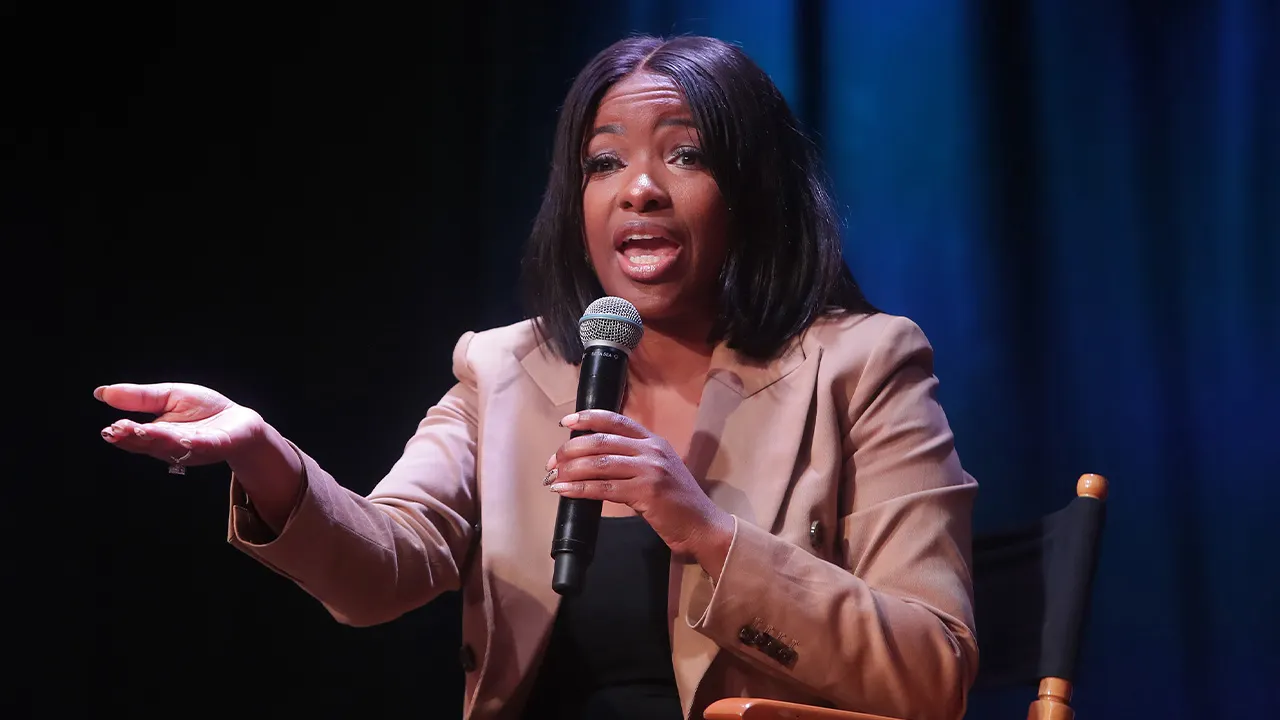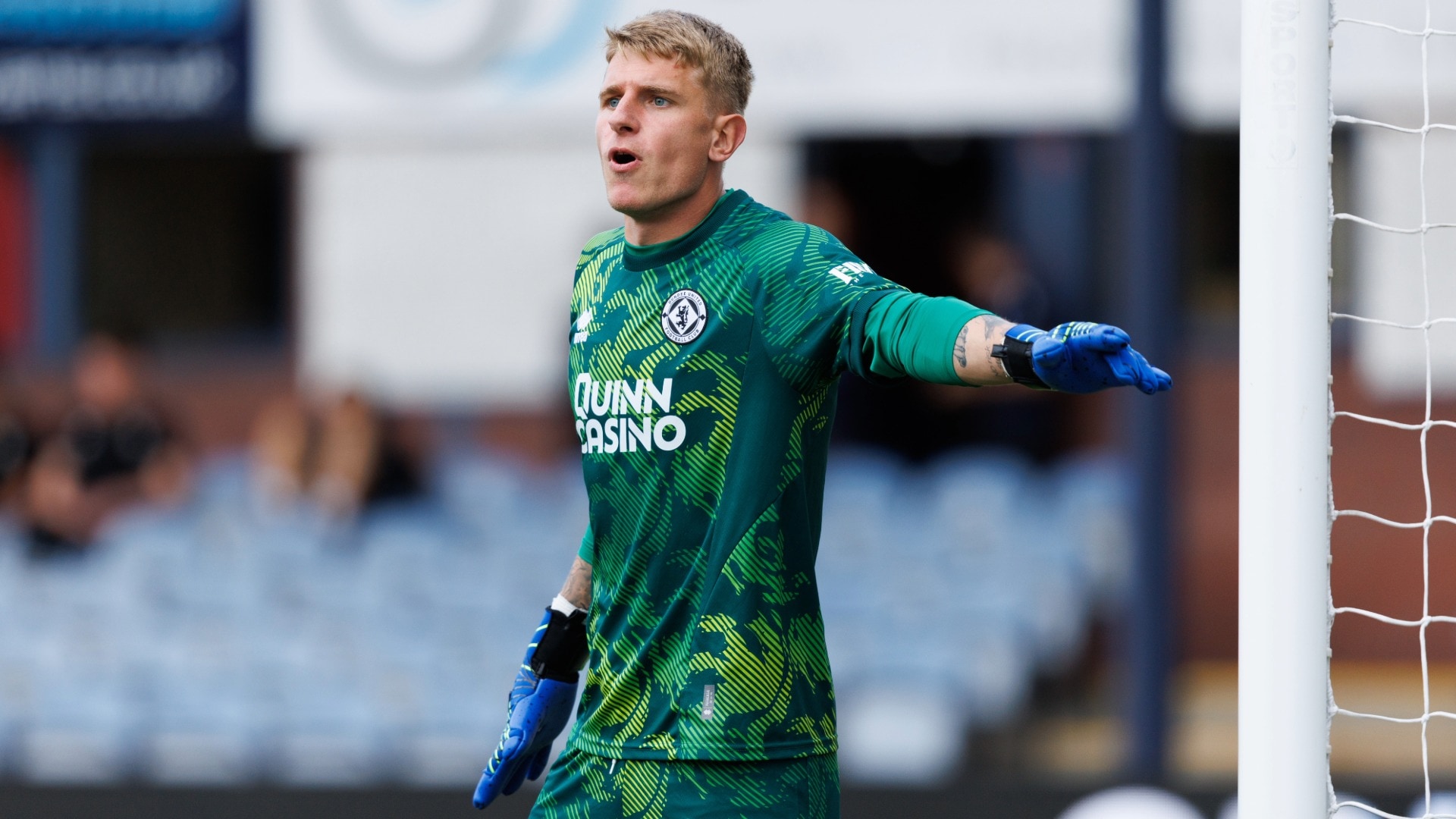By Olakunle Abimbola,The Nation
Copyright thenationonlineng

No less than three top Yoruba potentates say they are Imperial Majesties.
The Alaafin of Oyo is one — and rightly so. His forebears were the only ones that ever ran an empire: the Oyo Empire (14th to 17th century). It faded from 1835. The final sunset was with the Kiriji War armistice of 1893. Its rose from circa 1300s.
The Ooni of Ife has also declared himself His Imperial Majesty (HIM). So, has the newly crowned Owa Obokun Adimula of Ijesaland.
The irony of HIM appears totally lost on these two otherwise revered monarchs.
But first: this piece, from a proud Yoruba boy, is not about to mock the Yoruba treasure: their monarchy. That institution is a clear proof of vast political sophistication, long before British colonial intruders came to truncate that civilization.
No doubt, the Yoruba love their kings. Their brightest and best seek self-actualization via chieftaincy titles. It’s one golden atavism that richly connects with a storied past.
The Nigerian state too admits of the glorious past of its many cultures. Yes, Nigeria has a republican constitution, which deems every citizen equal. Yet, it cohabits with the Yoruba Oba who, by culture, cannot be questioned — Kabiyesi! — so long as basic decencies are not breached.
Still, even in its pristine form, the Kabiyesi was not absolutely unquestionable. As an empire, Oyo had its Oyomesi: Basorun, Agbaakin, Samu, Alapini, Laguna, Akinku and Asipa — the seven native principalities that not only helped to select the Alaafin but also constituted checks and balances on his awesome royal powers.
The Ijebu — a Yoruba sub-group never under Oyo imperial rule — had their own Osugbo cult: to deal with the excesses of the Awujale, the paramount ruler of all Ijebu.
Now, this is no foray into pan-Yoruba history; but to point out a pan-Yoruba aversion for royal excesses and vanities — and that ingrained in their very ancient feudalism.
This piece taps into that sacred licence, without reducing the awe in which these Oba are held by their respective subjects, who nevertheless are Nigerian citizens!
Now, back to TIMs: Their Imperial Majesties!
Why the Ooni of Ife, Oba Adeyeye Enitan Ogunwusi, Ojaja II, affable, debonair and admired, would soil his immaculate hold on pristine Yoruba essence, with the blood and gore of an empire that never was, beggars belief.
Before the roar of war; the power and the glory corralled by gore; the imperial plunder: the smashed skulls and hewn limbs of the vanquished, the Ooni had reigned supreme.
Even after Oyo had risen and faded, the Ooni’s spiritual supremacy is undiminished. The pristine cultural artifacts, including the Opa Oranyan — the mythical obelisk, sacred grove and temple of Oranmiyan, the famed founder of the Oyo Empire and Bini Kingdom, is today in Ife, the undisputed source of Yoruba nativity and heritage.
So, why would the Ooni profane all that with a vanity that ogles imperial savagery?
Read Also: 2027: PDP sets stage for Ibadan convention, vows to reclaim power
The irony of HIM — His Imperial Majesty — is even more lost on the new Ijesa supreme monarch, Oba Clement Adesuyi Haastrup, Ajimoko III, in his Ilesa metropolis.
Why would the Ajimoko III glorify imperial crime, which his illustrious forebear, the Ajimoko I, Owa Frederick Kumokun Adedeji Haastrup, rebuffed? He gloriously funded the Ekiti Parapo army, the common bastion of the Ijesa, and other repressed people of the Yoruba nation, to halt Ibadan invasion and plunder.
That military challenge forced the Kiriji War stalemate, which snuffed out the final embers of the dying Oyo Empire!
Kiriji War (1877-1893)! Does the Ajimoko III even realize that the Ajimoko I gained the throne, and founded the present Ajimoko-Haastrup dynastic line, as a reward for his heroic role in that grim enterprise?
What of Ogedengbe, the famed Ijesa General and Kiriji War hero? Ogedengbe trained at Ibadan’s famous garrison. Yet, he turned against his Ibadan masters, to throw off the Ibadan yoke, under a fading Oyo Empire.
When Ogedengbe breached the Kiriji armistice, and got detained by the British Resident in Iwo, the Ajimoko I not only bailed him out with a huge ransom, he also gave Ogedengbe the title of Oba’la, next in rank to the Owa himself, to secure his sinecures and wean him from war spoils, which was raw trouble under the new British regime.
How would the Ogedengbe offspring feel with the Owa romancing a horrid past that brought their forebear much grief, even after halting Ibadan, and the chaos of the crumbling empire?
HIM is Alaafin Abimbola Akeem Owoade’s historical right, which no one can begrudge his royal court. He is the only monarch entitled to HIM by right.
Even then, that esteemed monarch must be wary of throwing that severe political crime in the face of past victims, more so the same offspring of Oduduwa, shackled by own kith-and-kin, and even sold into slavery, because the Oyo boasted superior arms.
For context: if military rule — a country’s army usurping the legitimate government — is abhorrent, empires were doubly so: for in search of spoils, they came killing, maiming, raping and plundering; making legitimate rulers of weaker orders mere vassals, to sate own imperial greed.
This atavistic preening, rather insensitive, issues from the so-called “… of Yorubaland” titles. That is fraudulent, to be sure — at least to the Ijebu, who were never under Oyo or Ibadan conquest.
But even to areas under the old empire, to who those titles are harmless and honorific, though anchored by history, the limit came when the Ooni allegedly named an Ibadan son the “Okanlomo of Yorubaland”.
The new Alaafin harshly balked (with unprintable anti-Ooni expletives streaming from his court). But the present-day Ibadan beneficiaries rallied for their own, and reminded the Alaafin that Oyo Empire is ancient history!
Ceasefire only came, when Dotun Sanusi, the title beneficiary for his 2020 COVID-19 heroics of rare care, clarified that his title was “Okanlomo Oodua”, not Okanlomo of Yorubaland!
It’s instructive that no one — not even the Alaafin — has questioned the Ooni’s eminent right to granting the Oodua titles. Ancient order trumps temporary power! He is sole custodian, even with no recourse to arm!
Still, fair is fair: monarchs, in old empire areas, must eschew contending space with the Alaafin. The Olubadan too, for instance, seems addicted to HIM. That, again, is farcical.
Ibadan, at the decline of the Oyo Empire, might have been the glorious military teeth at the Alaafin’s disposal. Indeed, in the name of Oyo, they halted the Fulani Calvary foray into Yorubaland, at the decisive battle of Osogbo (c. 1840).
But Ibadan itself — under a Baale (Duke) for long — was never an empire, though it proudly bullied other sub-Yoruba ethnics, under the Alaafin’s sovereignty.
So, the Olubadan as HIM is both a moral and historical monstrosity, beyond the royal vanity of the moment.
But again, that’s the grand message. Yoruba monarchs, steeped in normative culture, must offer their people ancient guardrails against modern perils. That’s far better than swearing by ancient crimes, seized by modern vanity.



